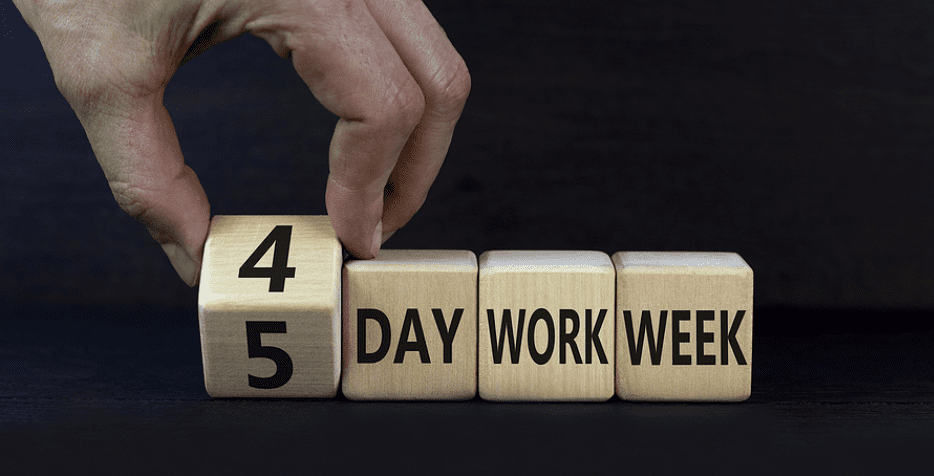
Though not widely studied, the term “Weekend Effect” was coined by a study in 2010 that examined the well-being and happiness of people during weekends compared to their days at work. The study aimed to capture reporting across all types of careers and demographic groups. Over several weeks, participants were surveyed three times a day on their overall mood, thoughts, and physical condition, such as headaches, digestive problems, and respiratory issues.
The study also included participants who held a variety of jobs, from physical labor work to high-status office jobs such as lawyers or executives across a range of industries. It also included a group ranging from ages 18 to 60, working more than 30 hours a week, with differing family statuses.
Unlikely to come as a surprise, across the board, participants “felt better (on weekends) regardless of how much money they made, how many hours they worked, how educated they were, or whether they worked in the trades, the service industry, or in a professional capacity. They felt better whether they were single, married, living together, divorced, or widowed. And, they felt better regardless of age.”
While the results were to be expected, the study also surveyed the participants to discover exactly what makes weekends so much better, and workdays such a drag, regardless of what the work was. The survey found that the questions that got the most feedback related to some simple things that made the weekend better — and these were not simply “having fun” or “sleeping in.”
The study found the biggest correlation between reports of happiness during the weekend and increased feelings of competency. As everyone reported feeling more competent during the weekend, their satisfaction with the day increased. This even applies to those who are considered highly competent in their profession.
The next correlation was autonomy and choice. While many weekends are filled with errands and housework, it seems the freedom to schedule tasks led to better moods than being under management or timetables at a job.
Lastly, improved connection with friends and family was the next most significant reason weekend reports were improved. Weekday reports that showed the lowest satisfaction correlated with a lack of relatedness or social connection in the workplace. Weekends, of course, allow for time to be with loved ones, which helps decrease stress.
Ever Felt Like a “Short Week” Was Longer?
You’re not alone. There is a shared experience that a shorter work week can feel longer or more stressful. One psychologist with a specialty in time perception told NBC that it’s likely not because there’s more to accomplish in a shorter time, or from being distracted by thoughts about all of the long weekend plans.
Instead, Dr. Beuher posits that it’s likely the irregularity of the week that makes it feel long. Many studies have pointed to the mind’s pattern of holding onto inconsistent events or surprises for longer. For example, in one 2007 study, a sequence of numbers was shown to participants. When the numbers were ordered correctly, it was reported that they were on the screen for equal amounts of time. When the sequence changed to “1, 2, 3, 4, 8, 6, 7,” it was reported that the unexpected “8” lasted on the screen longer despite actually appearing for the same duration.
It could also be that time moves faster when there’s increased focus. The combination of a “thrown off” schedule and less focus on tasks, knowing that the week is shorter, leads to the perception of longer days.
So this Labor Day, now we know science says we’re happier, healthier, and even feel better when we’re hardly working.


